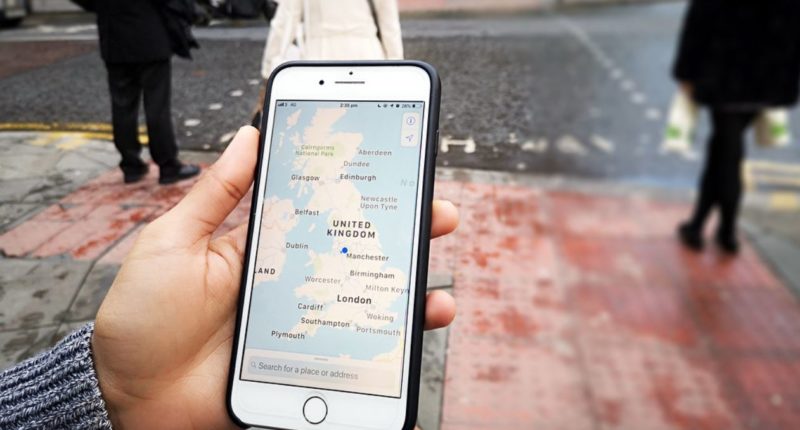Looks like there’s a lot of Google+Apple stuff happening lately. After Google announced sharing of Google Maps location data to help with coronavirus relief efforts, Apple is following suit. The Cupertino giant has announced offering of mobility data collected by Apple maps to help fight COVID 19 spread.
The information will become available through a tool, to governments and health organisations around the world who are engaged in this battle. The company says that this data can help provide “helpful insights” to these organisations by “showing the change in volume of people driving, walking or taking public transit in their communities.”
Apple said, that using the aggregated data from Apple apps, the new tool will indicate mobility trends for major cities and 63 countries around the world (or regions). All this information is generated by counting the requests made by users of the app for directions to different destinations. Using this data set, the tool will be able to compare the change between now and before. This will help organisations figure out how much the volume of people driving, walking or taking public transit around the world has changed due to coronavirus.
The company also assured that privacy of its users will not be harmed, as Apple IDs of users are not linked to these requests. Instead, the app generates random, rotating numbers, to be assigned to these requests. These random numbers are reset over and over again. Therefore, the company said that “Apple doesn’t have a profile of your movements and searches.”
It is also worth noting that Google and JSV have announced similar tools for their navigation apps. These tools work in similar fashion to Apple’s, in the sense that they show mobility trends using location data taken from smartphones.
Apple and Google, in a rare occurrence, have partnered to form a COVID 19 tracking tool. This “decentralized contact tracing” tool will help users determine if they have come in contact with someone carrying the virus. The tools will first start off as an API which can be implemented by different apps to track user location, which will then segue into an inbuilt function in the OS. Using this, users can agree to be tracked at all times to be notified if they have come in contact with someone who has been tested positive for coronavirus.
